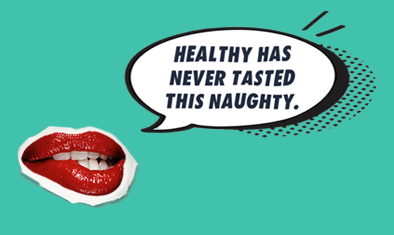The Pros and Cons of a Plant-Based Diet – What You Need to Know
December 13, 2022 2023-09-27 13:06The Pros and Cons of a Plant-Based Diet – What You Need to Know

The Pros and Cons of a Plant-Based Diet – What You Need to Know
A plant-based diet is a diet that consists mostly or entirely of foods that are derived from plants, including vegetables, grains, legumes, nuts, and fruits.
Some people who follow a plant-based diet also eat dairy products and eggs, but others avoid all animal products. A plant-based diet can be healthy for everyone, but it may be especially beneficial for people who have certain chronic health conditions.
If you’re thinking of trying a plant-based diet, it’s important to know both the pros and cons. In this blog post, we’ll go over some of the key points to help you make an informed decision.
What is a plant-based diet?
There’s a lot of buzz around plant-based diets these days. What is it, and what are the benefits? In short, a plant-based diet is one that focuses on plants for most of its nutrients. This type of diet has a host of health benefits, including lower rates of heart disease and obesity.
However, it’s not all rainbows and butterflies – a plant-based diet can also be low in certain vitamins and minerals if it’s not planned correctly. That’s why it’s important to speak to a doctor or registered dietitian before making any major changes to your diet.
They can help you make sure that plant-based eating is the right fit for you, and guide you through the necessary steps to ensure a successful plant-based journey.
Who is a plant-based diet right for?
There’s a lot of buzz around plant-based diets these days, but what is it really all about? In short, plant-based diets are good for people who are looking to improve their health.
They’re low in fat, especially cholesterol and saturated fats, and are high in fibre, vitamins, minerals and antioxidants. But before making any changes, it’s important to speak to a doctor or registered dietitian.
Their advice will help you make the right decision for your health and nutritional needs. If you’re considering a plant-based diet but aren’t sure if it’s right for you, start by taking the following steps: first, get a nutritional assessment to determine your current nutritional needs; second, make a food diary to track what you’re eating; and finally, consult a vegan or plant-based dietician who can help you customise a diet that’s right for you.
Conclusion
A plant-based diet has many potential benefits, but it’s not right for everyone. If you’re considering making the switch to a plant-based diet, it’s important to do your research and consult with a healthcare professional to make sure it’s the right decision for you.




